Dentures and dental implants are two of the most common ways to replace missing teeth. But how do you tell which one is the right choice for you? Dr. Raymond Ribitch of Mid Michigan Smiles, a dentist in Mt. Pleasant, Michigan, provides benefits and drawbacks of both options.
What to Know About Dentures
Removable dentures are typically used to replace a full arch of missing teeth. However, partial dentures are available as well. They’re made of a resin and metal base that supports plastic or ceramic teeth. Two of the biggest advantages of dentures are that they cost less upfront and you’re able to get them faster because there’s no surgical aspect.
However, dentures do come with a list of drawbacks. While you don’t pay as much upfront, you’ll incur costs down the road with them. When you lose teeth, the jawbone in those areas starts to deteriorate. Since dentures don’t replace the tooth root, the deterioration will continue over time. Your denture will have to be readjusted or replaced so that it can continue to be functional as your mouth changes.
Dentures only give you back about 30-40% of your bite function and require adhesive to stay in your mouth. Certain foods will have to be eliminated from your diet because dentures aren’t able to take them on. You run the risk of them slipping or falling out while you’re speaking or eating. Since they’re removable, dentures also have to be removed, cleaned, and soaked thoroughly at night to keep them fresh.
About Dental Implants
Dental implants are often considered the gold standard of tooth replacement. They’re made up of three different parts. First, a titanium implant post is what’s placed in your jawbone. Next, a piece called an abutment is used to connect the implant post to the final restoration. The final restoration is usually a dental crown, but implants can also support a fixed bridge or denture.
One of the biggest drawbacks of implants is the upfront cost. They’re pricier at the start than dentures. However, you won’t incur additional costs as the years go by. Dental implants are the only tooth replacement solution that replaces the tooth root. This stops the jawbone deterioration that happens when you lose teeth, and can even help to reverse the deterioration that’s already happened.
It does take longer to get your final restoration with implants as well. That’s because they have a surgical element and it requires 3-6 months for this to heal. But this process is what gives dental implants the stability they’re known for. The implant post fuses with the jawbone during this time. This is why implants give you back 100% of your bite function.
Lastly, implants look and feel the most similar to natural teeth, particularly when a dental crown is used as the final restoration. Even with advancements in dentistry, dentures can still be bulky and hard to get used to. You don’t have this problem or any extra maintenance tasks with implants. Simply brush, floss, and visit the dentist as normal and you’re set for years to come.
Tooth Replacement Options at Your Mt. Pleasant, Michigan Dentist
Do dentures or dental implants sound like the right choice to replace your missing teeth? Call us or schedule an appointment online to get started.
